Perched on one leg like a stork in the rain, I was swearing at the soggy cow path that had stolen my boot. The bottomless mire sucked it right off my foot and I yelped with panic as it began to disappear. Imagining the long, half-barefoot walk to the house in cold muck, IF I could pick my way out of this treacherous sink hole, I made a last attempt to retrieve the rogue boot, and found myself toppling in slow motion into the mud.
How he had come so close in silence still mystifies me. He righted me and grabbed the boot in one gesture; I was shod and led to solid ground in the next.
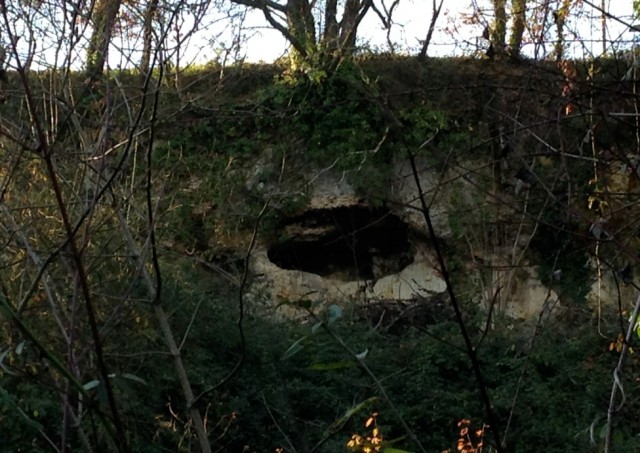
Without preamble, this stranger promptly scolded me for my recklessness. As I coughed and sneezed, he scolded me for recklessness with my health as well. I promptly countered that he was trespassing on our land, and my runny nose was none of his business.
We picked our way to a cave under the ridge, my uninvited visitor and I. His nimbleness was astonishing. This elfish man of perhaps sixty-five, scampered up the rocks like a teenage goat. I disapproved soundly of the unauthorized campfire he’d made as I gratefully drew closer to the flames, and gratefully accepted a tin cup of something warm, bitter and instantly throat soothing. He plucked a perfect linen hankie from one of a hundred of his jacket pockets for my streaming nose, and from another pocket pulled an envelope of tiny black seeds. These he poured into another pristine handkerchief. “Breathe,” he ordered and indeed the mentholated waft cleared every channel in my stuffed head.
Bleariness arrested, I perceived warm, twinkling, intelligent brown eyes sizing me up with unabashed curiosity.
We sat there a long time, watching the curtain of rain outside the cave as it drenched the forest, listening to drops on leaves and the guttural formation of rivulets, sipping cups of medicinal brew, warming our bones at the fire.
His name was Jonas.
Jonas was an outlaw. It took the time of several cups to glean this information, for he actually called himself a scientist. A botanist to be exact, on the run from the dark and expanding reaches of an evil network of tentacles bent on discrediting his research, blackening his name, putting him behind bars and destroying the world too. It seemed a bunch of jibber jabber that afternoon: tall tales from a centi-pocketed trespasser on a sort of Johnny Appleseed pilgrimage, who illustrated his anecdotes with one seed packet after another that he popped from his jacket like magic tricks.
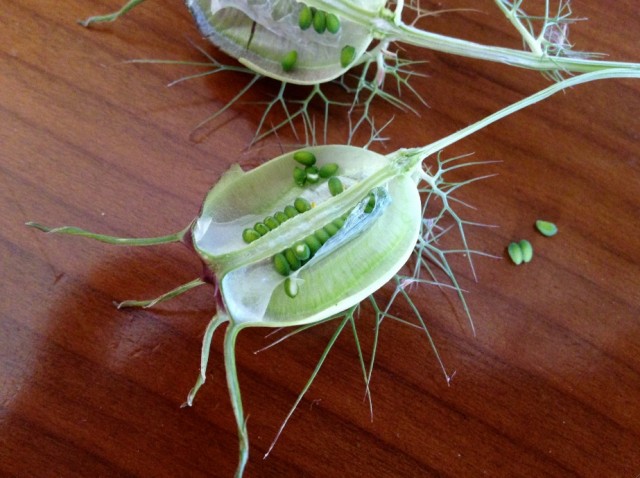
Flower seeds, fruit seeds, tree seeds, bush seeds, weed seeds, “Don’t even call something a weed!” he cried. “Every plant has a role – even if that role is only to warn us that we are destroying the soil that should nourish the plants and animals we eat! I noted Datura stramonium in your neighbor’s field – it’s become invasive in recent years; a bio-indicator of heavy pollution by industrial fertilizers and pesticides that have poisoned the soil. It’s so toxic you need to handle it with gloves and a mask.”
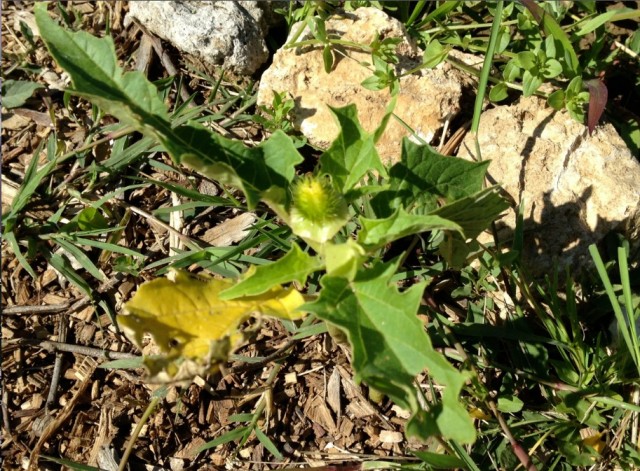
He spoke Latin like it was his mother tongue, naming every plant by genus and species. As he filled in a few details about the long reaching arms of the mysterious tentacles, I began to sense that he was referring to international bio-tech and agro companies and government-lobby links. I also began to feel a bit sorry for him. A charming fellow – but perhaps something of a paranoid, conspiracy-theory type?
His pilgrimage stories however, were a delight to the ears. Jonas was a man on a mission, exploring a self made map of the untouched forests and pastures of south west France, noting the evolution of soil composition, and collecting seeds in danger of becoming extinct. In these scattered and precious parcels, benign neglect or careful husbandry have fostered the equilibrium of the soil and protection of endangered seeds.
He gave me a copy of the map and pointed out some of our fields: they had luckily been overlooked by the scourge of monoculture and chemicals which had proliferated during the rise of industrial agriculture.
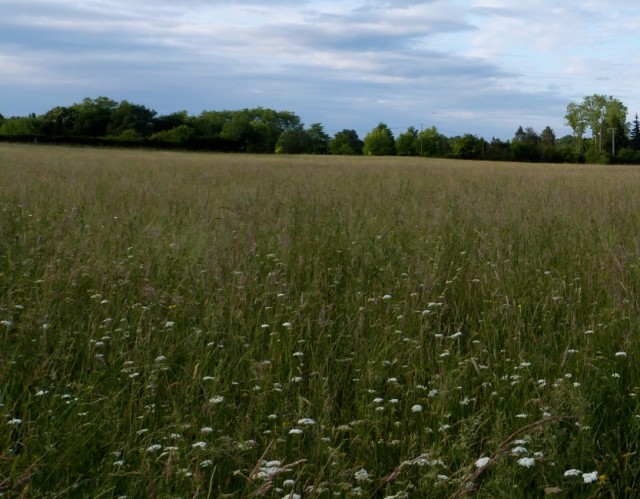
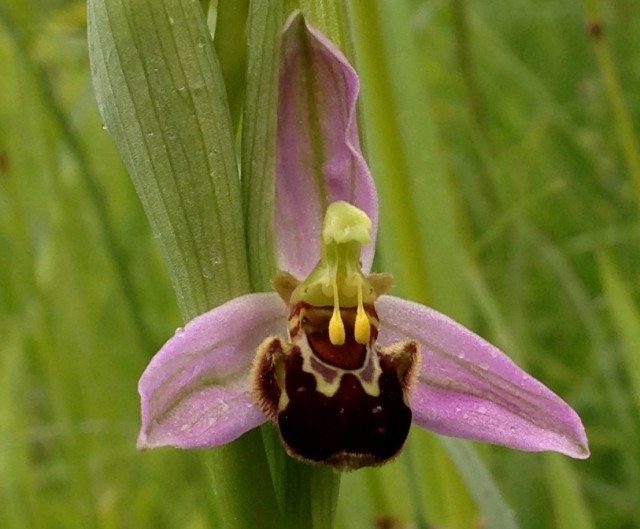
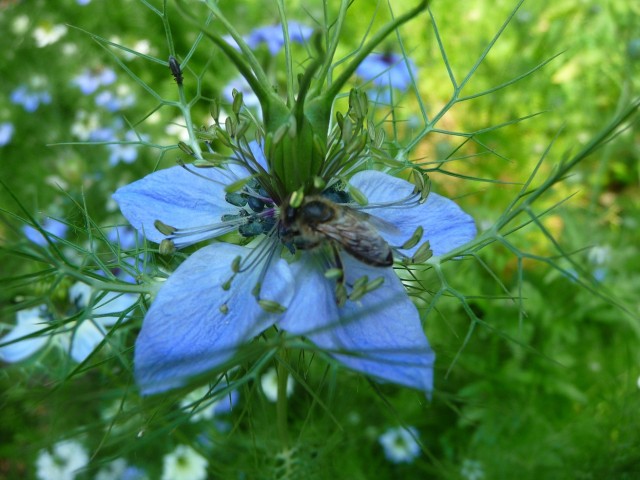
As I took in his equipment – backpack and walking stick, note and illustration pads, camera and, above all, envelopes – he quoted Blake: “To see… Heaven in a Wild Flower, Hold Infinity in the palm of your hand…” and channeled the great poet as he brought out seed after seed, laying them one by one in the palm of my hand.
“Every seed contains a universe. A universe of selection over tens of thousands of years. They sleep, sleep, sleep – and one day when the conditions are right – they pop! And such a miracle of variety they offer for our health and for our tastebuds!” He paused and his eyes darkened. “However. When the conditions are “wrong” – and here he set off in another direction, describing bio-indicators like the appearance of Ambrosia artemisiifolia. “When this desert seed proliferates in our crop fields, we know the soil has lost its fertile humus-clay structure after years of heavy chemical entrants. It’s a final alert that the earth is going dead.”
Then he lowered his voice and hinted at vague powers at large which threatened him. I took it he was a sort of whistle blower; that his research exposed the dangers that would arise with the rendering illegal of thousands of traditional seed varieties, commonly known as “varietés anciennes” (“heirloom varieties”).
He warned that the “Catalogue officiel,” created in the public interest after WW2, was being twisted to prohibit famers and amateur gardeners from freely exchanging, buying and selling their “uncertified seeds” – the very seeds which had been selected for their botanical interest over 10,000 years by generations of farming ancestors.
Suggesting that major international agro companies and government agencies had their hands in each other pockets, he added that the patenting of plants was happening as we spoke. Sterile seeds would become the norm; farmers would be forced each year to buy their seeds from the certified list of seeds patented and owned by a handful of these companies. And if you didn’t care about the common sense preservation of a diverse agricultural heritage in which plants of wide genetic diversity could withstand climate change, pests and illnesses as they had for thousand of years, you might at least be concerned about the nutritional losses we suffer from modernly engineered plants.
He ended with a diatribe about the loss of our public patrimoine as the tentacles stretched their arms through the application of “intellectual property” laws, which would eventually “appropriate the living.”
When the rain let up I said goodbye to Jonas – suggesting that he come knock at our front door the next time he was trespassing in our area. A meal and a bed in return for his elegant recovery of my boot and for saving me from a bath in the mud. He scolded me a final time about my health insouciance and gave me a packet of the black seeds. “This is how Vicks Vapo Rub got started. Plant these. They’ll pop by spring and multiply. You’ll have your own home-made remedy to the symptoms of a cold.” *
At home that evening, I told everyone my story about Jonas. We chuckled. We idly wondered if we should do something about potential trespassers and promptly forgot about the whole thing. I planted his seeds.
Some years later, when the streets of Paris were filled to bursting with protestors for and against the law concerning gay marriage, the French government quietly passed a controversial law intensifying the crackdown on “uncertified seeds” – essentially making illegal the freedom to use the seeds one has harvested. (loi du 8 decembre 2011 “Certificat d’Obtention Végétale” COV) Patents on plants have multiplied. I myself know a local farmer who now trades his seeds in secret (the same seeds he and farmers like him have been selecting and using for generations) because he is now obligated to buy sterile, less nutritious seeds from a big name agro company if he wants to sell his cows at the higher value of “Red label.” His solution? He buys the government certified seeds, keeps the certificate, destroys the seeds, and then sows his own alfalfa, rye, oat etc for his cow pastures…
I went down to our spring last week on a drenching June day, secretly hoping that the elfish man might miraculously come trespassing our way again. I had looked him up. His story was true. If he doesn’t show up soon, I am tempted to set out after him with my own set of tiny envelopes. I have kept his map.
* Nigella sativa
For further information:
“Semences hors-la-loi – La biodiversité confisquée” by Blanche Margarinos-Rey. Editions Gallimard (Lawyer who defended the association Kokopelli before the French and European Commission high courts.)
“L’encyclopédie des Plantes bio-indicatrices” by Gerard Ducerf. Editions Promonature
Kokopelli https://kokopelli-semences.fr/juridique/loi_scelerate
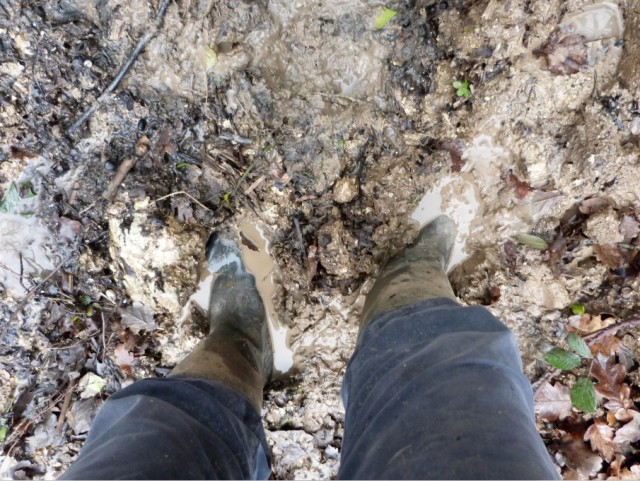
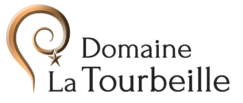
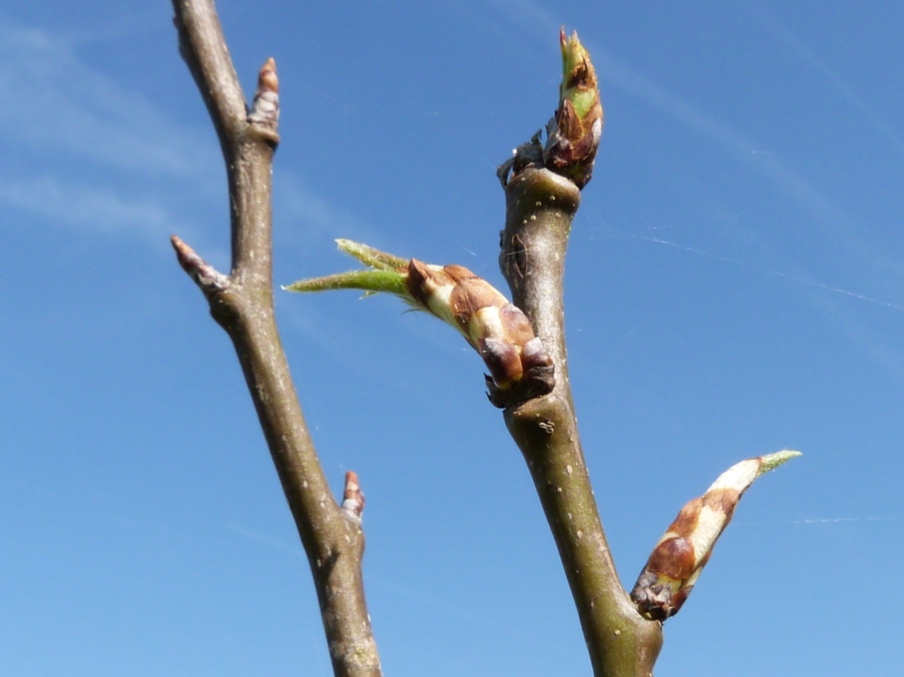
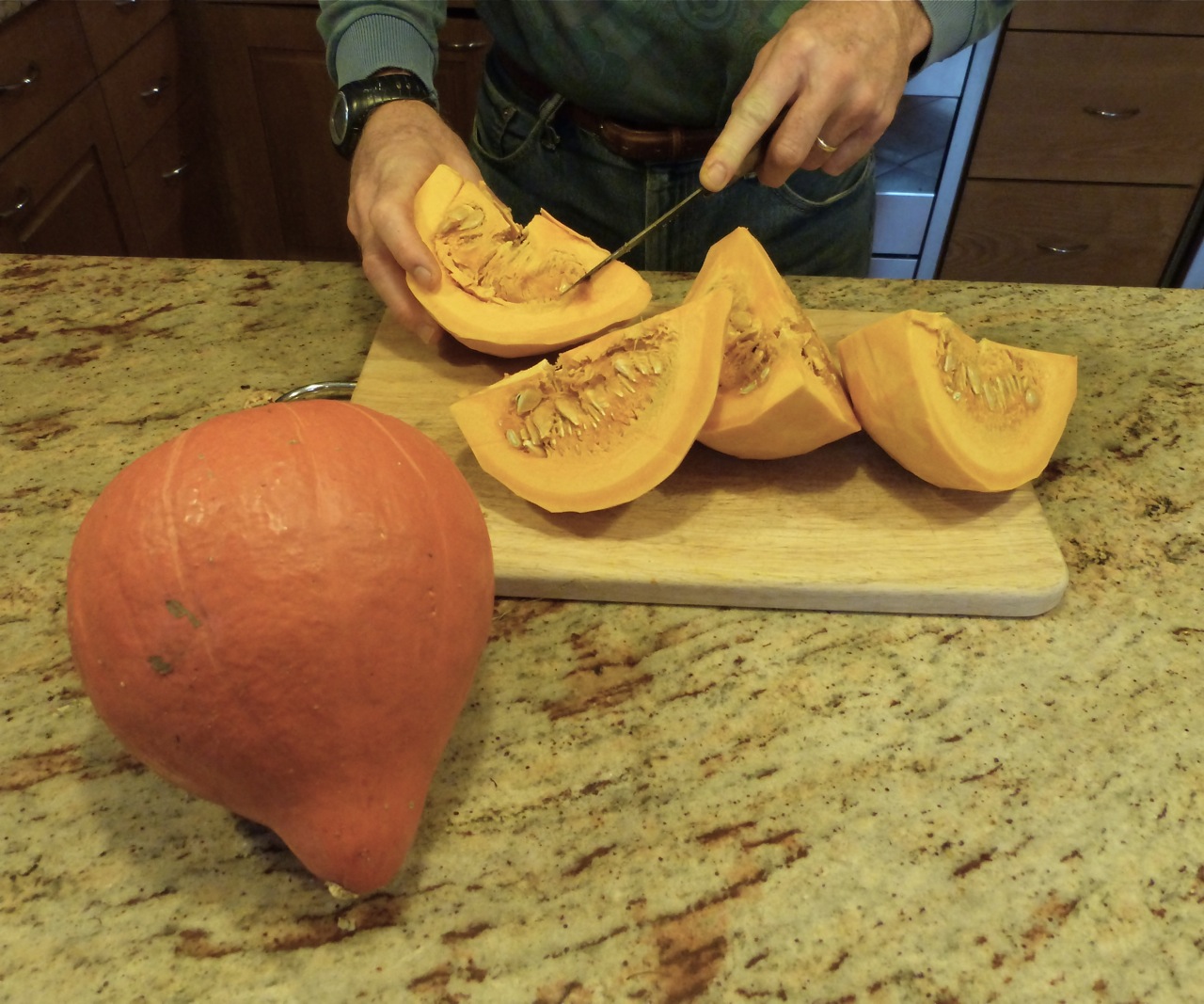
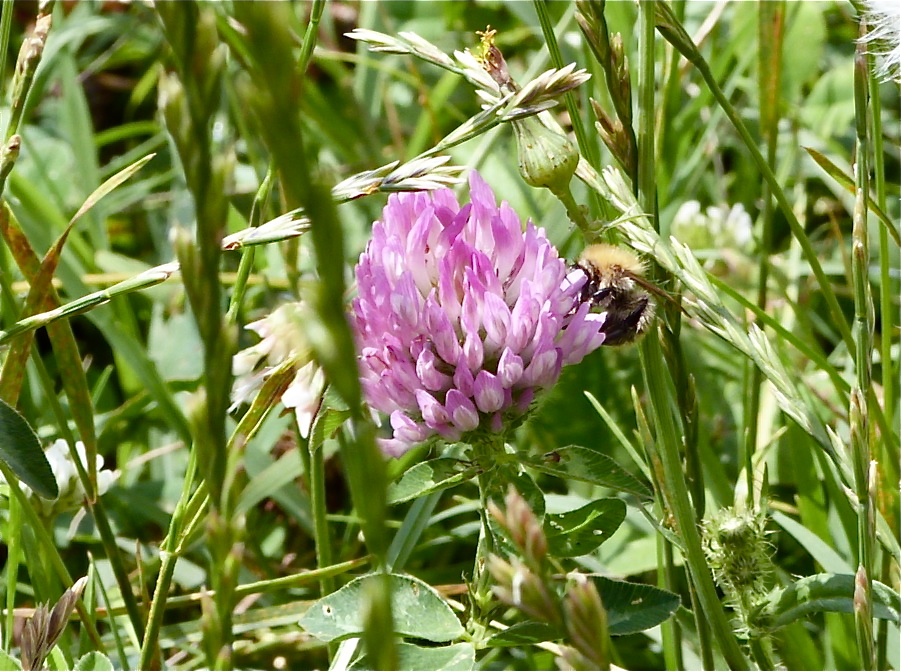
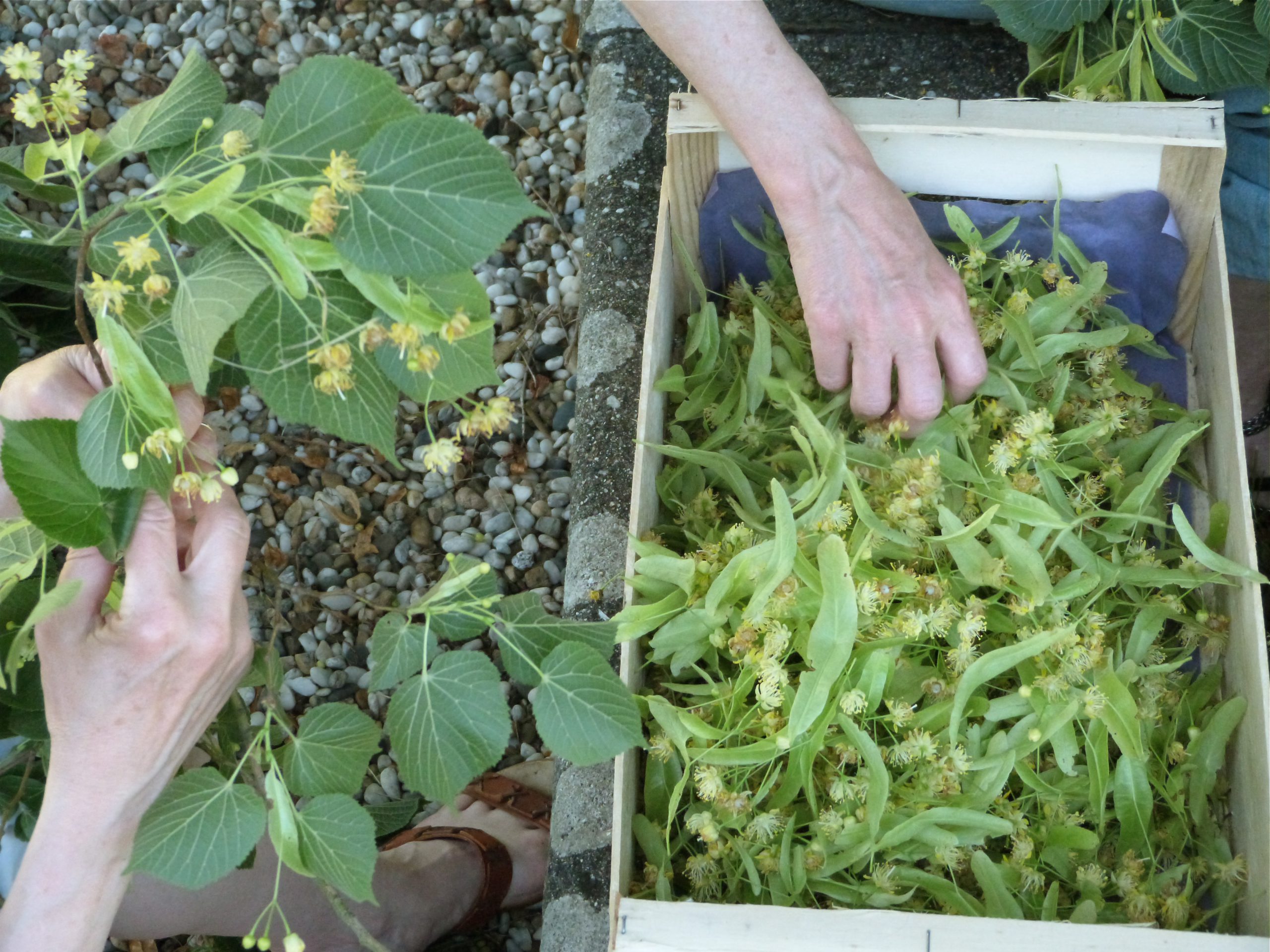
6 thoughts on “Wild Man in the Woods”
Mary – LOVE this post! Please update as events unfold in the future. Sarah
Was fascinated by your “tale”. How often does one encounter lost true-idioms that are brushed aside only to come sadly true? Should you encounter this soothsayer once more please allows in to learn once more. Gratefully,Flo
Your loveliness is limitless. I will always read everything you write. It’s so vibrant, so alive, so endearing that it feels as if my boot were stuck in the mud and Jonas rescued me. My thanks and love, always.
A prophet!
Wonderful story, beautifully told. Thank you, Mary, for the gift of your blog! I hope Jonas returns. The world needs more people like him.
I have as recently as this very moment come upon this love story… now in the year 2019… did Jonas return?
We have destroyed and devastated our earth…